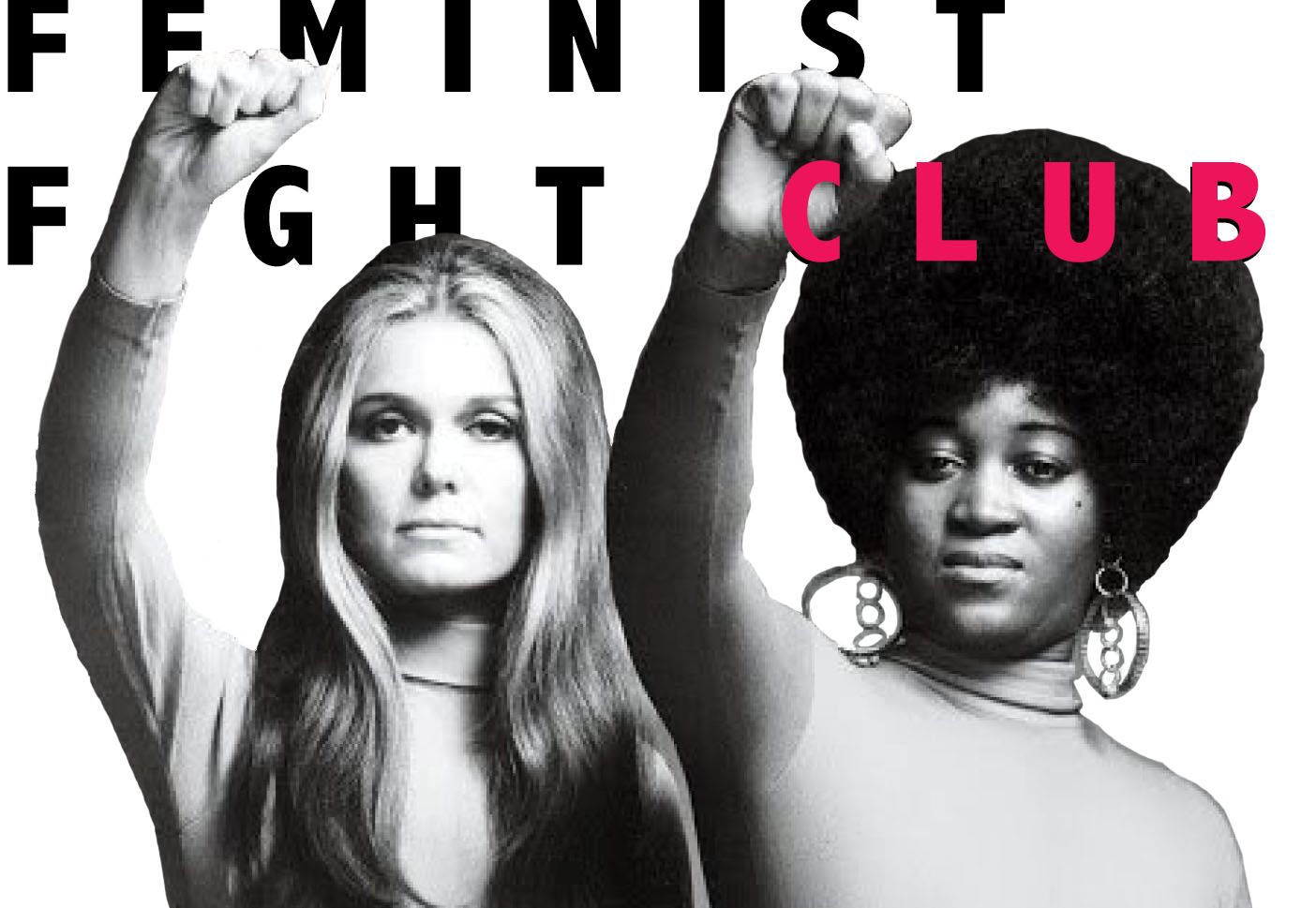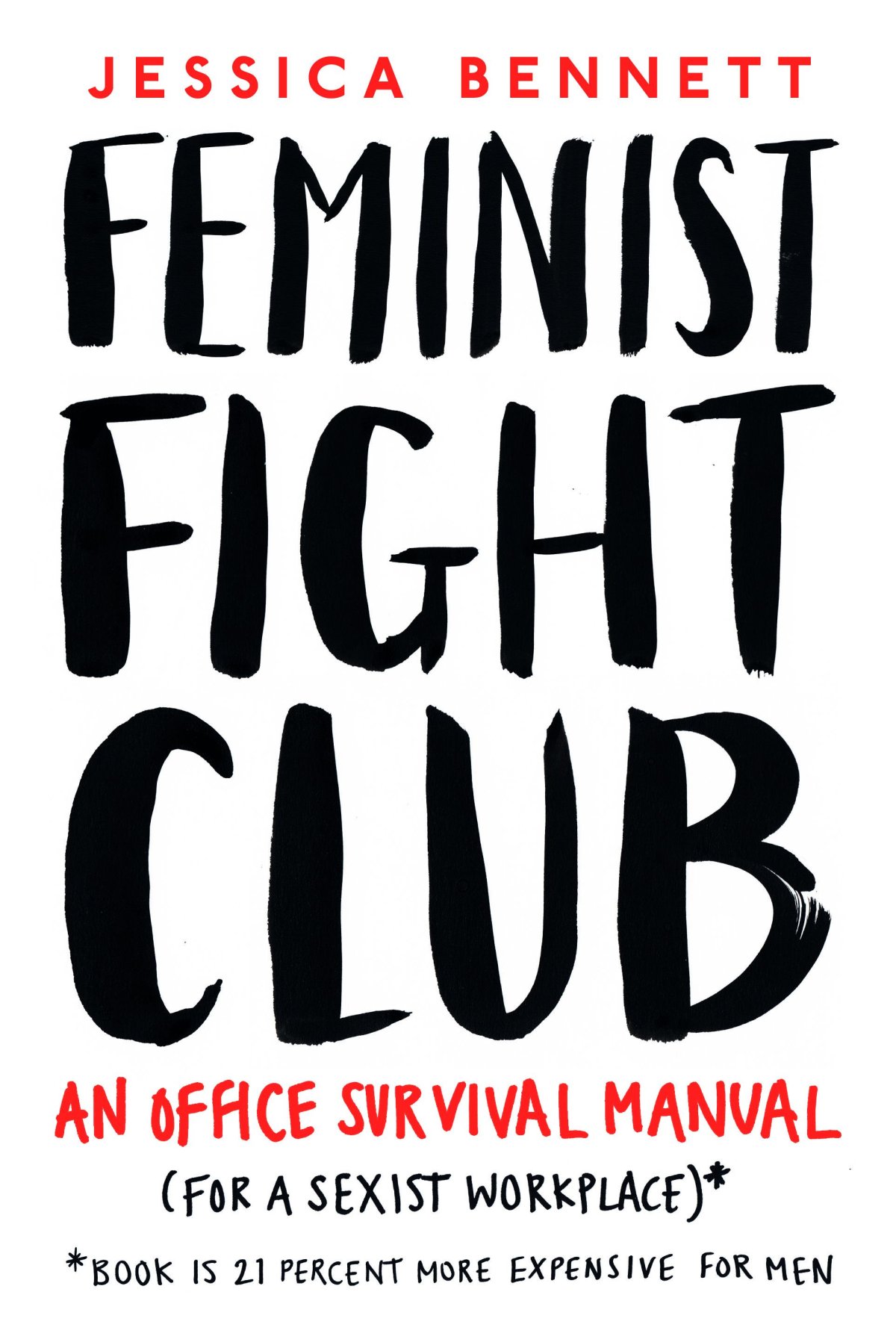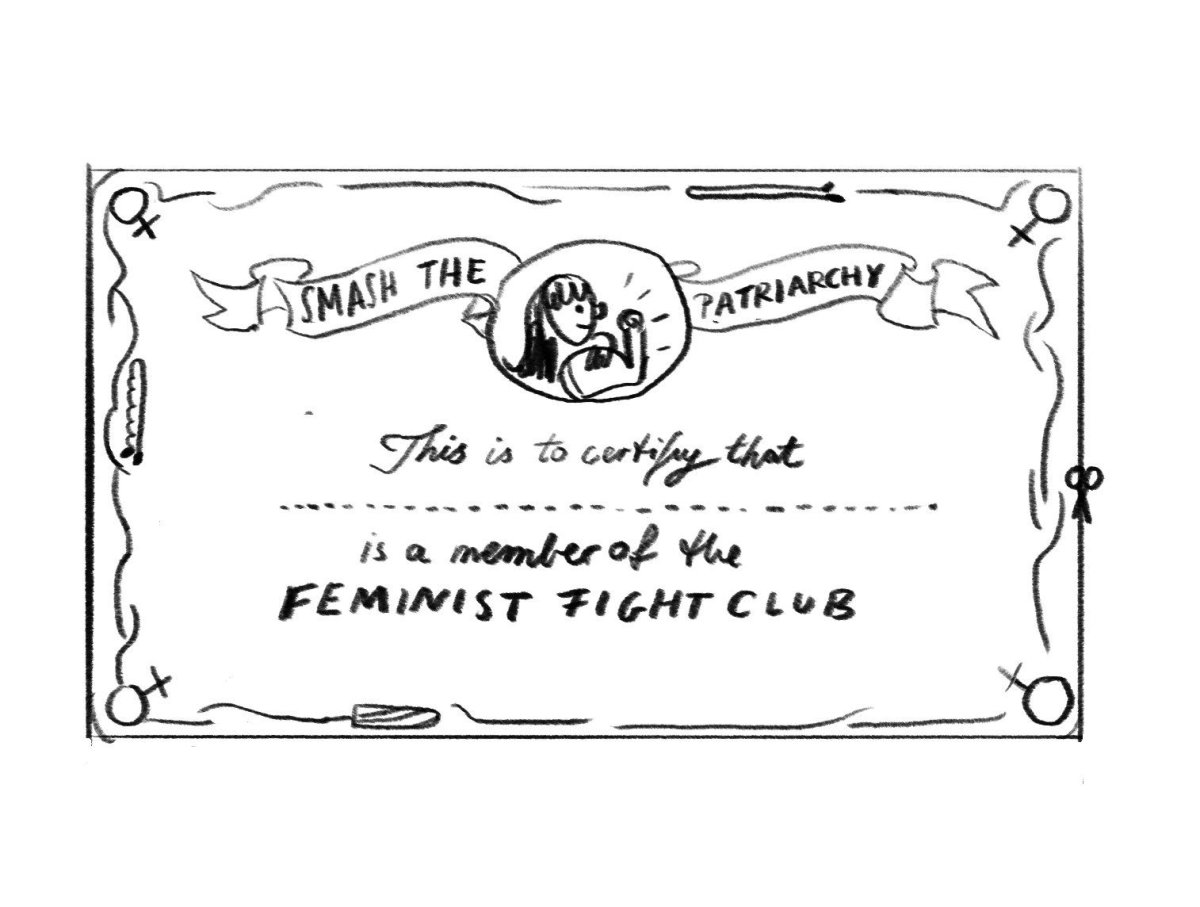
Just over six years ago, Jessica Bennett was a junior reporter at Newsweek when she and two female colleagues stumbled across a legal case from the 1970s. Back then, a small group of women at Newsweek became the first women in the American news media to sue on the grounds of gender-based discrimination. The problem was outright sexism: despite graduating from the same colleges as the men, the women at the magazine spent their time sorting mail, fact-checking or making coffee. They were rarely allowed to write.
"When I discovered that story, it was that moment of realizing that these women 40 years prior had had many of the same issues," Bennett tells us over the phone. At the time, she was feeling frustrated by her own workplace—though the sexism was far less blatant—and she and her colleagues decided to track down the women from the original lawsuit. In March 2010, they published a piece in the magazine looking critically at how far Newsweek had come since the 1970s. (You can read the piece here. It became a precursor to Good Girls Revolt, the 2012 book written by Lynn Povich, one of the women from the original lawsuit, which in turn inspired Amazon's TV-series adaption of the same name coming out in October.)
The story of the Newsweek women helped inspire Bennett and her friends to establish a "Feminist Fight Club"—essentially a support group for women early on in their careers. In September, Bennett, now a contributing writer to The New York Times, published Feminist Fight Club: An Office Survival Manual for a Sexist Workplace, a handbook to help women navigate common office pitfalls and saboteurs.
Newsweek spoke to Bennett about her inspiration for the book and what her own feminist fight club taught her. (Read her top tips for fighting office sexism here.) This interview has been condensed and edited for clarity.

Why did you decide to write Feminist Fight Club?
There's a lot of writing out there about gender and a lot of manuals that exist about the workplace but nothing that combined the two. I wanted to parse the research, pull out some of the solutions and then speak in a way that young people would understand and have fun with.
I've been writing about these issues for a number of years. I've done work with [Facebook COO and author] Sheryl Sandberg [as a contributing editor overseeing special projects on Lean In, the nonprofit founded by Sandberg]; these issues are being talked about more now and there seems to be a moment where people care. I think we see that reflected in pop culture and politics and in the media.
And why now?
It's interesting for this book to be coming out at the time it is [in terms of the U.S. elections] because Trump is literally every single caricature in this book. As for Hillary, she faces every single booby trap that comes along with being a female in power. She can't win; she's either too emotional to lead or she's not emotional enough. Everything from the tone of her voice, to the way she laughs, to her experience. There's no two better people to exemplify the issues that I try to address here.
And what about the Bernie bros?
Yeah! There's Trump who's like the old-school sexist and then there's the Bernie bro who calls himself a feminist and really does support women and wants an equal workforce but...he just doesn't realize. He interrupts and sometimes he mansplains to you and he just needs to be told so that he recognizes when he does it. Then hopefully he's going to check his own behavior.
So what's the Feminist Fight Club and how did that start?
I'm in a real-life Feminist Fight Club. We didn't actually call it that but we'd joke that that's what it was, because we wouldn't speak about the club outside the club. It still exists and we meet usually monthly. We've been meeting for six or seven years. The Fight Club was ultimately the inspiration for all the stories in the book.
It began with a lot of bitching. We were all in pretty white-male-dominated workplaces, and we were all at the start of our careers in assistant jobs. We were all facing these issues but not necessarily recognizing them as sexism. I think we all had a tendency to turn inward and think, "Oh, maybe my idea wasn't good enough, that's why it wasn't put in the magazine." Or maybe that, "My male colleague who ended up writing the piece I pitched is just a better writer." As you guys know, our industry is so subjective. There's no way to quantify who is a better writer, so it was very easy to be like: "Oh my god, do I suck?"

Do you think it's particularly bad in journalism?
We were all in creative fields: A lot of us were in media, or film or publishing, or television, or comedy. There's no Excel spreadsheet you can make for how good a joke is or the levels that you like somebody's prose. While I don't think journalism is worse than any others numbers-wise—and it's not, this is a problem across the board—I think that for a person in a creative industry, it's hard to prove otherwise. It's not like you're working in a business where you can produce a sales report that shows you sold the most whatever that month. We just naturally turn inward and start undermining ourselves.
How did the Fight Club help with that?
What the Fight Club did was help us come to the realization that this was a larger problem. It was through hearing each other's stories and realizing there was a common thread between them that we were like: oh, maybe this is systemic, not individual. So much like the feminists of my mother's generation talked about how the personal is political, it was kind of that same idea: This is a collective problem, not an individual one. And not only could we recognize it but we felt stronger attacking it as a group.
One of the rules of the Fight Club was that we had this joke about "Vag-Firmative Action." I didn't come up with that name, another woman did, but the rule was: you had to view other women as allies, not as enemies. So no matter what happened, you had to figure out a way to help other women and lift them up along the way.
It's actually been pretty amazing to see the evolution of the women in the club, many of whom are now in very successful positions and how they've actually gotten there through the help of other members. Whether it's sending a resumé of a junior person that we come across to the group or mentoring each other, we try to pay it forward.
Anything else you want to tell us?
My biggest tip would be: Find your own feminist fight club. Just having a posse who can remind you to do this stuff or kick you under the table when you start a sentence with "I'm sorry" is so, so helpful. It helps to feel like you're not alone.
I hope people can have fun reading the book as well. It's all serious stuff but it doesn't have to be. It can be fun to fight the patriarchy!

Uncommon Knowledge
Newsweek is committed to challenging conventional wisdom and finding connections in the search for common ground.
Newsweek is committed to challenging conventional wisdom and finding connections in the search for common ground.
About the writer
To read how Newsweek uses AI as a newsroom tool, Click here.








